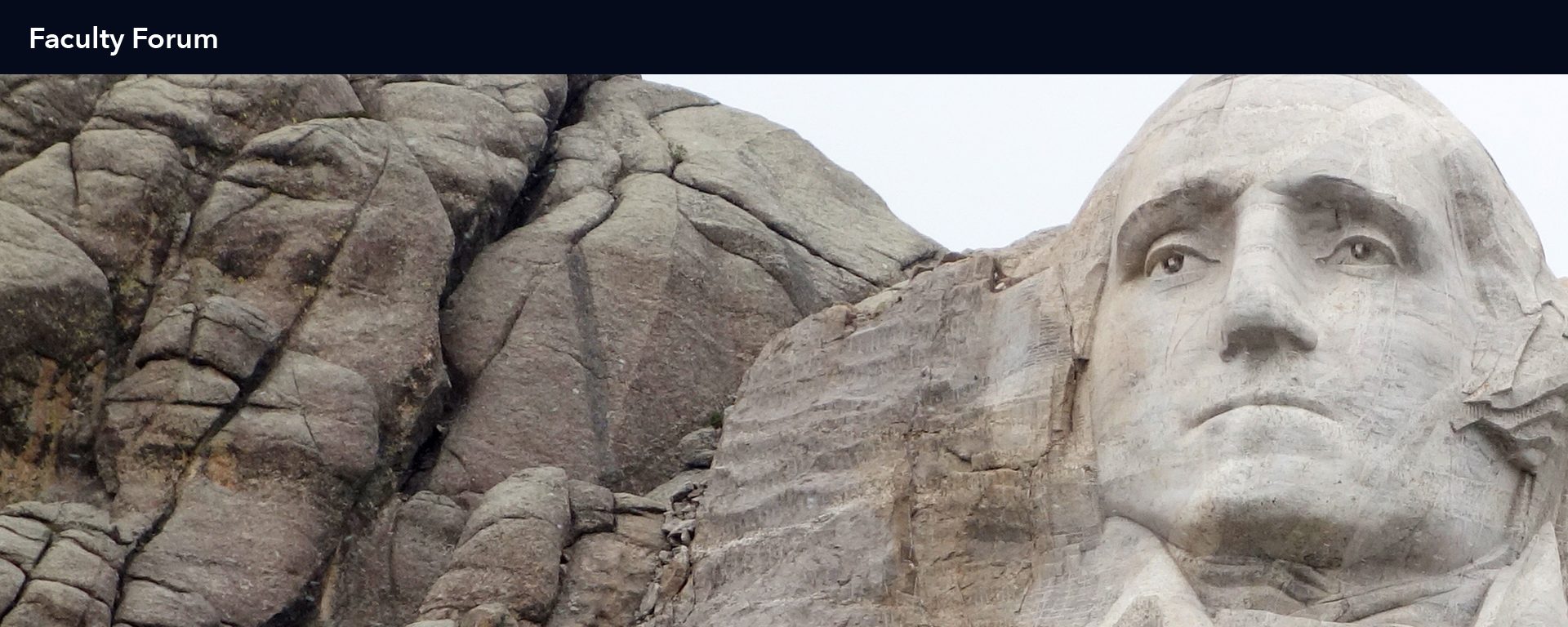The Truth About Lying
Looking at the “fudge factor” in our lives
by David Plouffe, Adjunct Professor Business and Manufacturing, Goodwin University
Do you lie?
I’m sure that the majority of you would say, “No, I would never lie! I’m an honest, ethical person!”
I have news for you: we all lie. We lie many times a day, but likely consider it of little consequence. Behavioral Economics researcher Professor Dan Ariely describes this as having a personal “fudge factor” that affects our professional and personal lives every day.
When you got dressed for work today and looked in the mirror, did you think, “Hey, this outfit looks great on me!”? That could be lie number one for the day.
If I were to ask if you consider yourself an honest, law-abiding citizen, you would most likely say yes, but did you drive five, 10, or more miles per hour over the speed limit on your way to work? That could be lie number two.
You may be thinking that these are not really lies, but aren’t they? In his research, Professor Ariely administered a self-grading exam to some of his undergraduate students, informing them that for each question they got right, they got a dollar. After the students graded the exam, they came up to the desk, told the proctor their score, received the money, and then fed the exam into a shredder. They didn’t realize that the shredder was fake.
The students could have easily claimed 50 correct answers and received 50 dollars. But they didn’t. Professor Ariely found that if they got 23 right, they reported 30; if they got 32 right, they reported 35… their own fudge factor. Interestingly, if Ariely required the students to sign an honesty pledge before taking the exam, the cheating went down drastically.
So, Dan Ariely proves that we are all liars, even if we are morally opposed to lying. Philosopher Immanuel Kant, who stated that lying is one of the biggest sins a person can commit, is now rolling in his grave!
What can we do about it?
Were you ever placed in a room alone to take an exam for a promotion or advancement? Did this exam require an unrealistically high grade? Did you believe that other people might have an advantage you didn’t? We’ve all been there, you are not alone. This is a perfect example of what is commonly called the Fraud Triangle.
There are three major conditions that, when present, may create an environment for someone to lie:
- Can the person rationalize their behavior?
- Are there unreal expectations on the person’s performance?
- Is there the opportunity to lie?
Consider the famous Lance Armstrong doping scandal. He and his team rationalized their illegal behavior by believing they had to dope because “everyone was doing it.” As the money kept coming into Armstrong’s team, there were unreal expectations to keep winning. And there was the opportunity to lie since testing for doping was still in its infancy.
Leaders and educators should reflect on the expectations they set for students. Are the expectation too high? Some expectations have to be high. Are they not achievable? Sometimes students have to achieve a perfect score on an exam.
How do we reduce the opportunity to lie? If an exam is so important learners have to get 100%, it is important enough to be closely proctored. We need to make the subtle reminders about honesty, not committing plagiarism, not lying, and not cheating. These subtle reminders to students help to align our personal moral and ethical codes. If we approach each learning situation with the understanding that there is a tendency in people to lie just a little bit, we can change our approach and help ensure our learners act morally and ethically when they are under great pressure to succeed.
Learn more about Goodwin’s Management and Leadership offerings.
David Plouffe is an adjunct professor for the school of Business and Manufacturing at Goodwin University. He is a full-time training specialist at the Naval Leadership and Ethics Center at Newport, RI, and also an accreditation evaluator for the American Council on Education. David hold an MLS in Leadership from University of Oklahoma and a MA in Defense and Strategic Studies from the Naval War College. He is currently pursuing his PhD in International Relations from Salve Regina University.
Goodwin University is a nonprofit institution of higher education and is accredited by the New England Commission of Higher Education (NECHE), formerly known as the New England Association of Schools and Colleges (NEASC). Goodwin University was founded in 1999, with the goal of serving a diverse student population with career-focused degree programs that lead to strong employment outcomes.

